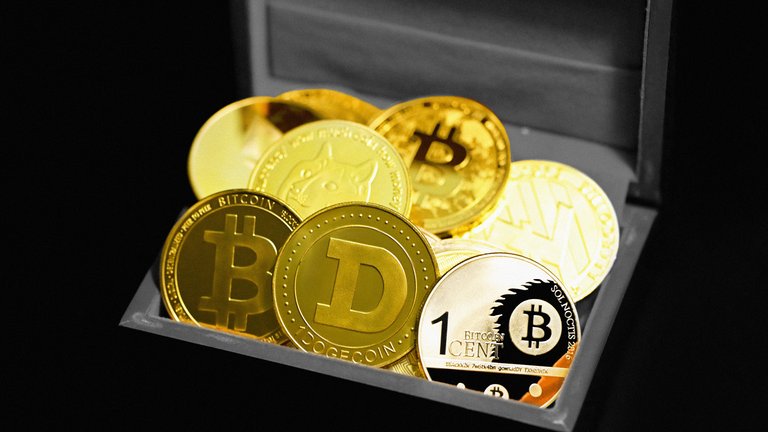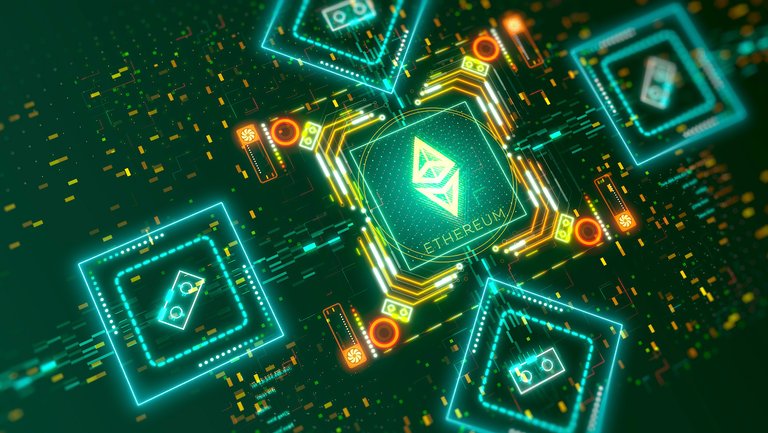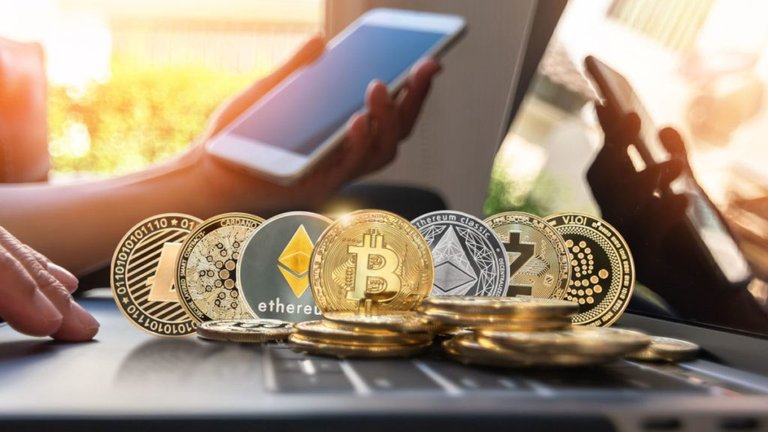Tokenization Of Real-World Assets (RWAs): The Top Use Cases
As for real-world asset tokenization, a technique that converts everything from living things to intellectual property and patents into digital tokens tradeable on the blockchain is hands down one of the most revolutionary applications holding potential to change our entire concept about how we invest or finance assets. Here we will explore the multifaceted applications of this technological breakthrough.
Real Estate Tokenization
Real estate is the globe's largest and most stable asset class. As such it offers opportunities that may not be available in many other forms of property, but its illiquidity makes rapidity slow going.
If you take real estate ownership and break it down into tradable fragments, a piece of the property can be bought or sold by investors. Not only does this democratize real estate investment, it also provides increased opportunities for smaller investors who could never afford to invest in whole properties.
In addition, real estate tokenization simplifies property management and investment. Rental automation, easy investor tracking and efficient management could change the face of housing. However, before jumping in it is important to understand the regulations governing asset tokenization.
Unlocking Private Equity Potential
This is what makes the tokenization of RWA closer to home for private equity, which rewards investors willingness and capacity on one level with powerful potential profits but at either a higher risk or lower liquidity depending upon whether it plans to hold its stake indefinitely.
Fractional ownership through tokens expands access to this type of asset, providing doors for smaller investors. Moreover, tokenization eases the sale of private equity investments which may help boost market efficiency. Imagine un-tokenized assets trading on exchanges, making it a much simpler process for investors.
Revolutionizing Fine Art Investment
Liquidity and transparency have been the oil in the machine of fine art, a market valued at over US $ 1.7 trillion but one historically reserved for an exclusive few. This landscape could be transformed drastically by tokenization.
Fine art tokenized can be divided into fractions, and thus becomes attainable to smaller investors. It can also simplify the authentication and administration of artwork by incorporating tokens into works to record ownership history.
Transforming Trade Finance
Trade finance, a critical component of the world economy but wracked by inefficiencies and fraud, is one area that stands to benefit greatly from tokenization.
Thus, automated blockchain-settled trades could transform trade finance by being fast and secure with essentially zero transaction costs. That's not all. Improved tracking and management could reduce fraud, promoting market efficiency.
Carbon Credit Tokenization
Carbon credits; credits for eliminating greenhouse gas emissions, represent the central part of emission regulations and offsetting.
Splitting up carbon credits into tradeable units would help establish a more liquid market and make trading easier, which might reduce compliance costs. What's more, it can simplify accounting and use. These credits will do what they are supposed to: If there is an excess at one point these remaining points cloud be frozen or transferred over into the next period in order ensure that no fraud arises.
Intellectual Property Rights Tokenization
The tokenization of intellectual property rights is not just going to result in broader accessibility for such assets, but also increased transparency. By rightsizing this to a digital token, creators get empowered and market transparency & accessibility are increased. This change could herald a more equitable way of buying, selling and using intellectual property, creating an environment in which creators naturally flourish.
Agriculture Commodities Tokenization
Think about the agricultural sector turning to tokenization and allowing for fractional ownership of commodities, as well trading them easily. Such a change would enhance the efficiency of the sector, by increasing accessibility to agricultural investment. Fractional Ownership Could Democratize Access When invited into this typically exclusive domain by smaller investors, promoting growth and innovation.
Tokenizing Music Royalties
In other words, tokenizing music royalties is a gamechanger for the entire music industry. It democratizes access to these revenues, benefitting both artists and investors. Artwork is transformed into 'tokens' that can be bought and sold, providing artists with a new way to make money on their creations while letting investors take hold of an asset class they never could before. It also adds transparency in the royalty management process, so that artists get fair compensation.
In Conclusion
These are just a few of the many applications already available for tokenization, and in fact new ideas have been cropping up every day. As this technology develops further expect to see even more radically innovative possibilities emerge from its practical use across asset management and investment circles - a future that is likely full of surprises!
The day of accessibility, efficiency and transparency is nigh with asset tokenization. It will revolutionize the traditional investment scene in a way never before seen potentially attracting both veterans as well newcomers to this brave new world full of unexplored opportunities.



I generally favor tokenization, but I worry that this is a Globohomo Inc. / WEF effort to build a system where they can control absolutely every little thing on this good Earth.
Keep up the good work !BBH
@wealthwess! Your Content Is Awesome so I just sent 1 $BBH (Bitcoin Backed Hive) to your account on behalf of @bitcoinman. (12/50)
Thank you :)
Yay! 🤗
Your content has been boosted with Ecency Points, by @wealthwess.
Use Ecency daily to boost your growth on platform!
Support Ecency
Vote for new Proposal
Delegate HP and earn more